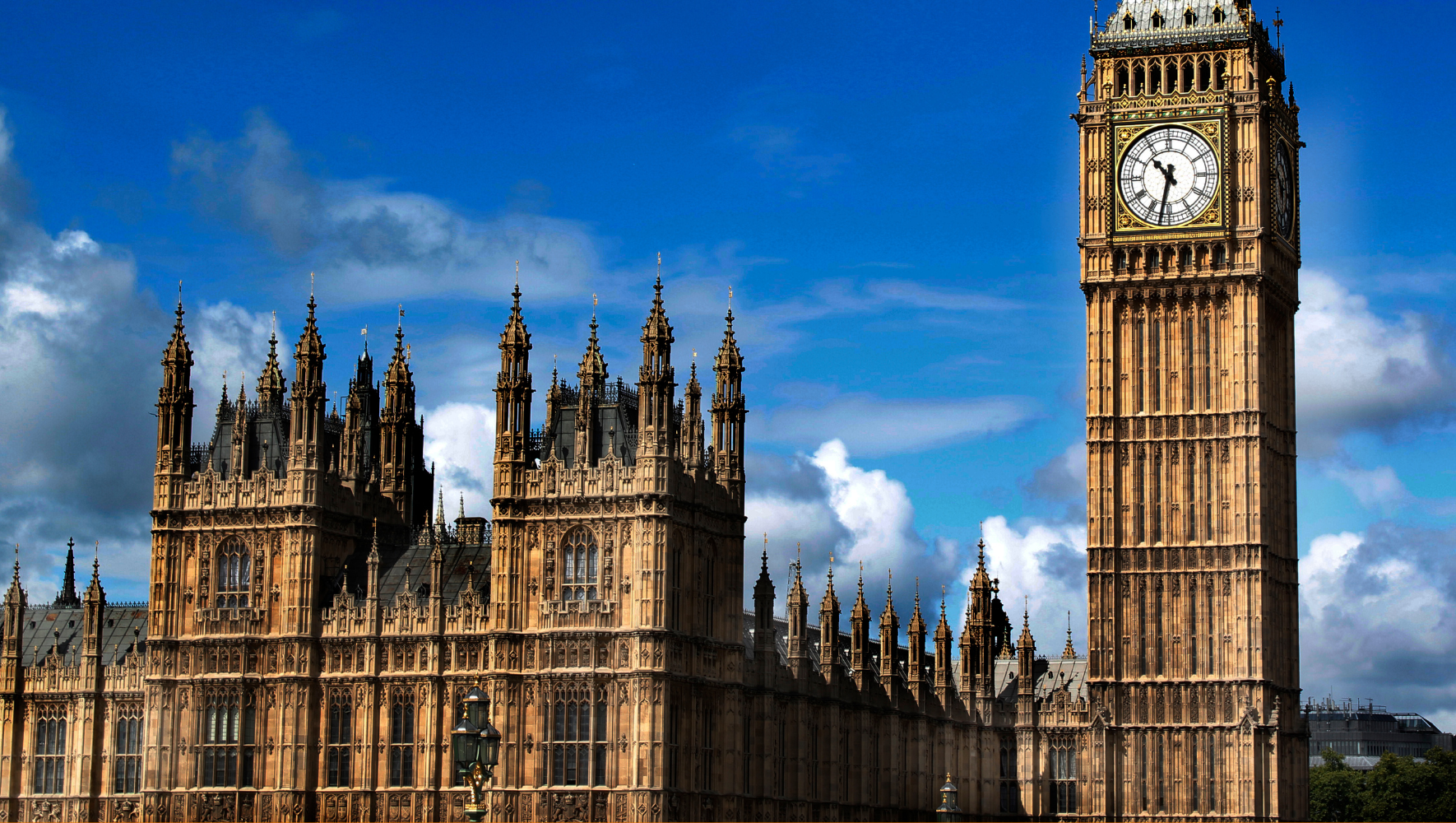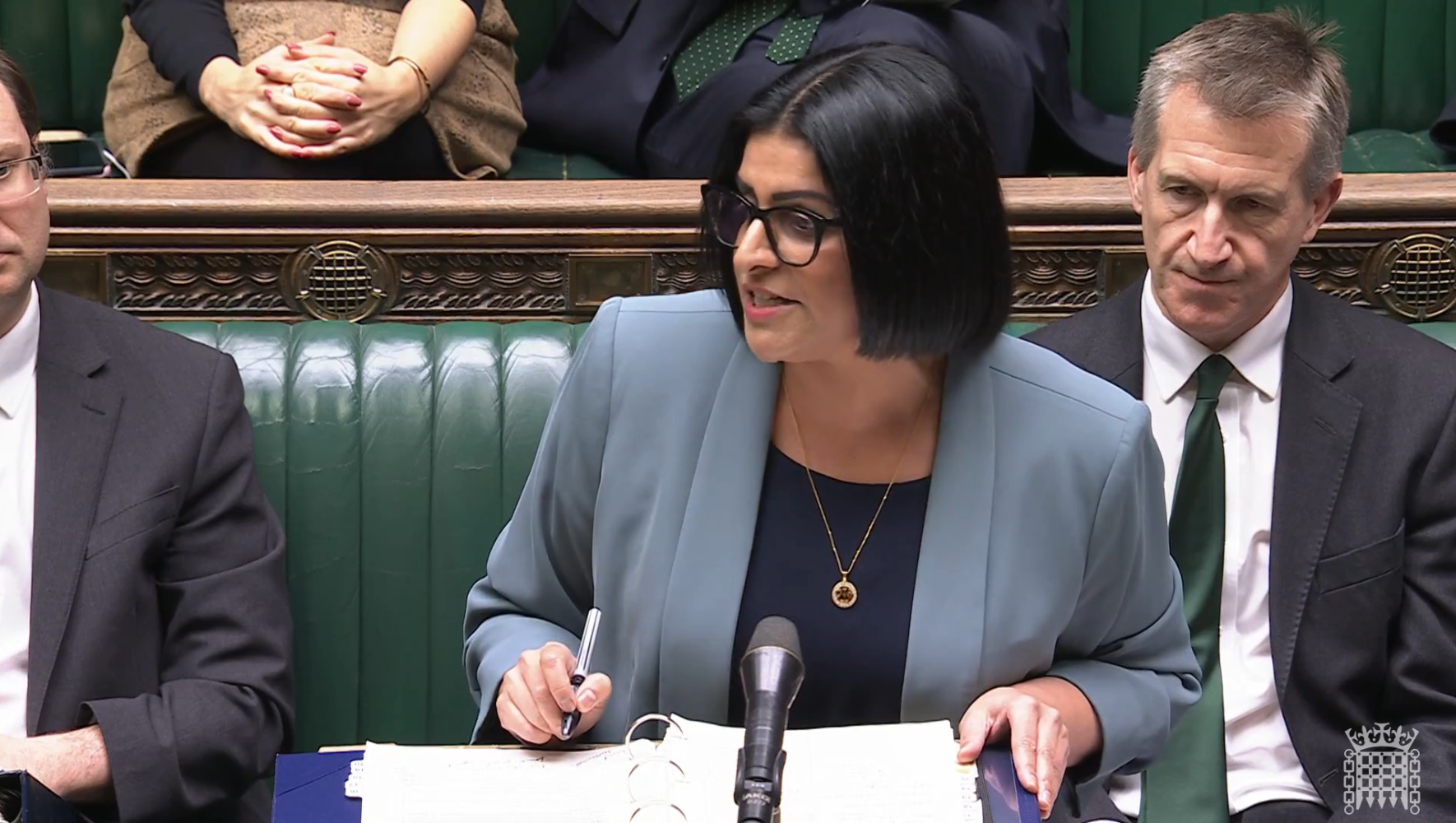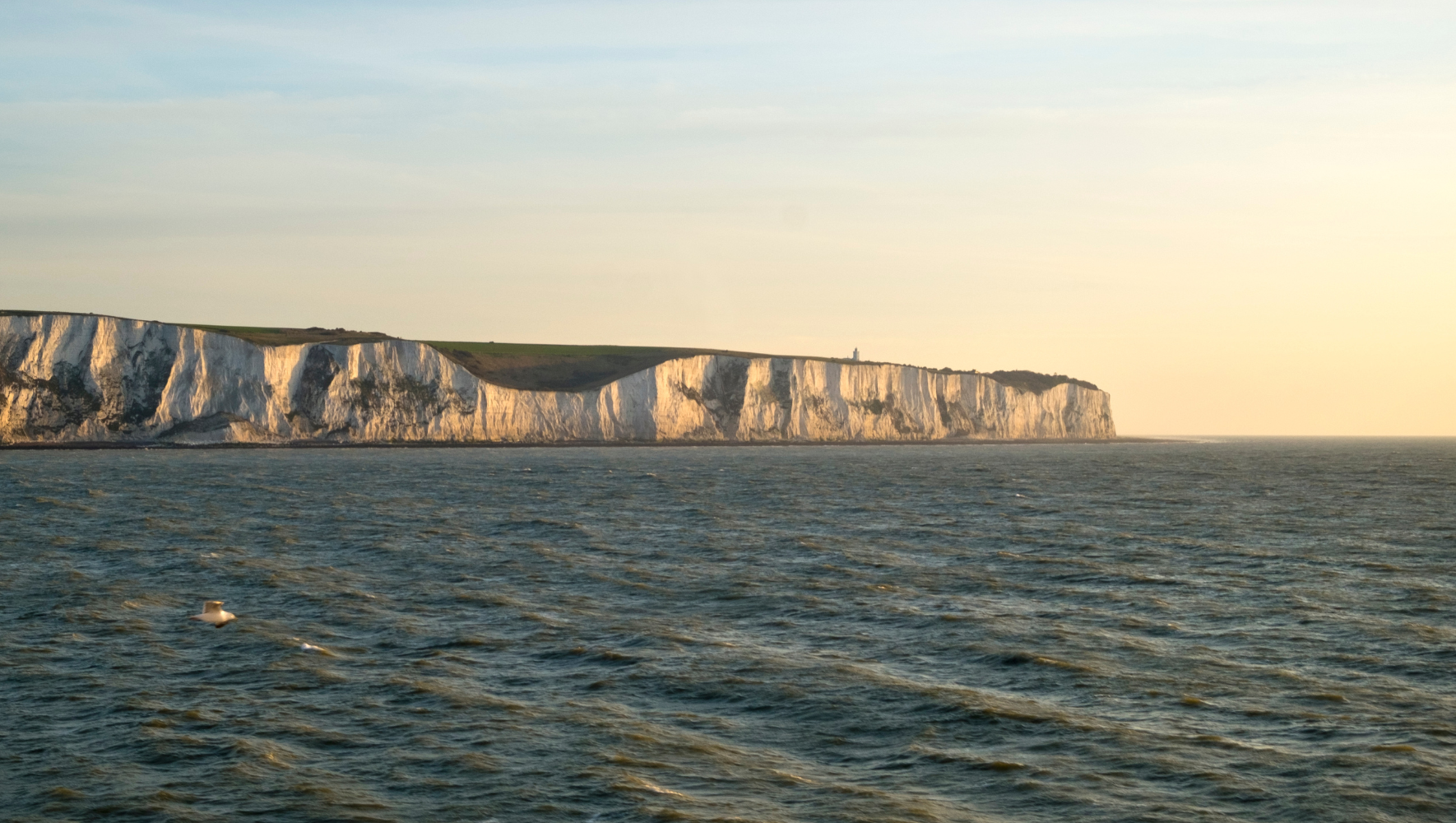
Migration featured centrally as an issue during the 2024 General Election campaign, with a YouGov poll finding that almost one in five voters stated that immigration and asylum was the most important factor for their voting choice.
While there were key policy differences between the incumbent Conservative government, and opposition Labour Party, both parties emphasised getting “tough” on immigration, with a focus on deterrence, and law and order. More welcoming, compassionate policy options like safe routes went largely unmentioned by both parties during the campaign.
With the Labour Party now reaching its first 100 days in power, what impact has a change of government had on the UK’s asylum and refuge policy so far?
Welcoming signs
Just over three months on from the election, there are reasons for optimism. The new government has delivered its election promise to scrap the Rwanda plan – a hugely welcome move – and has also announced the closure of the prison-like Bibby Stockholm barge.
While there have been no moves towards a safe route across the English Channel, the Government has extended the current Afghan resettlement scheme, which will enable families who were evacuated to the UK in 2021 to reunite. Perhaps most significantly, the ‘Illegal’ Migration Act has also been amended: this major change will ensure that people’s asylum claims are processed.
There’s also been shift in rhetoric and narrative. In a move away from the hostile and often dehumanising language used by previous Government figures, we’re pleased to see a new emphasis on ‘irregular’ rather than ‘illegal’ migration, and an end to references to ‘invasions’.
A new bill
The ‘Border Security, Asylum and Immigration Bill’ was announced during King’s Speech in July. This legislation pledges to ‘modernise the asylum and immigration system’, but places a strong emphasis on deterrence and security. Concerningly, references to safe routes have so far been absent, with no plans announced to introduce new routes. It’s important that the new government understands that doing so is the only way to stop people being forced into dangerous journeys across the Channel.
A cause for concern
While we’ve seen some positive developments, we are worried by the Prime Minister’s recent interest in an offshoring plan in Albania. The Rwanda plan was rightly scrapped: we need to leave such cruel gimmicks behind. You can read more about why offshoring is the wrong choice here.
What needs to come next?
Alongside introducing safe routes, we’re also calling for two important policy changes:
- Doubling the ‘move-on’ period to 56 days – helping prevent new refugees being forced into homelessness
- Reverse legal aid cuts, ensuring people seeking asylum can access justice.



